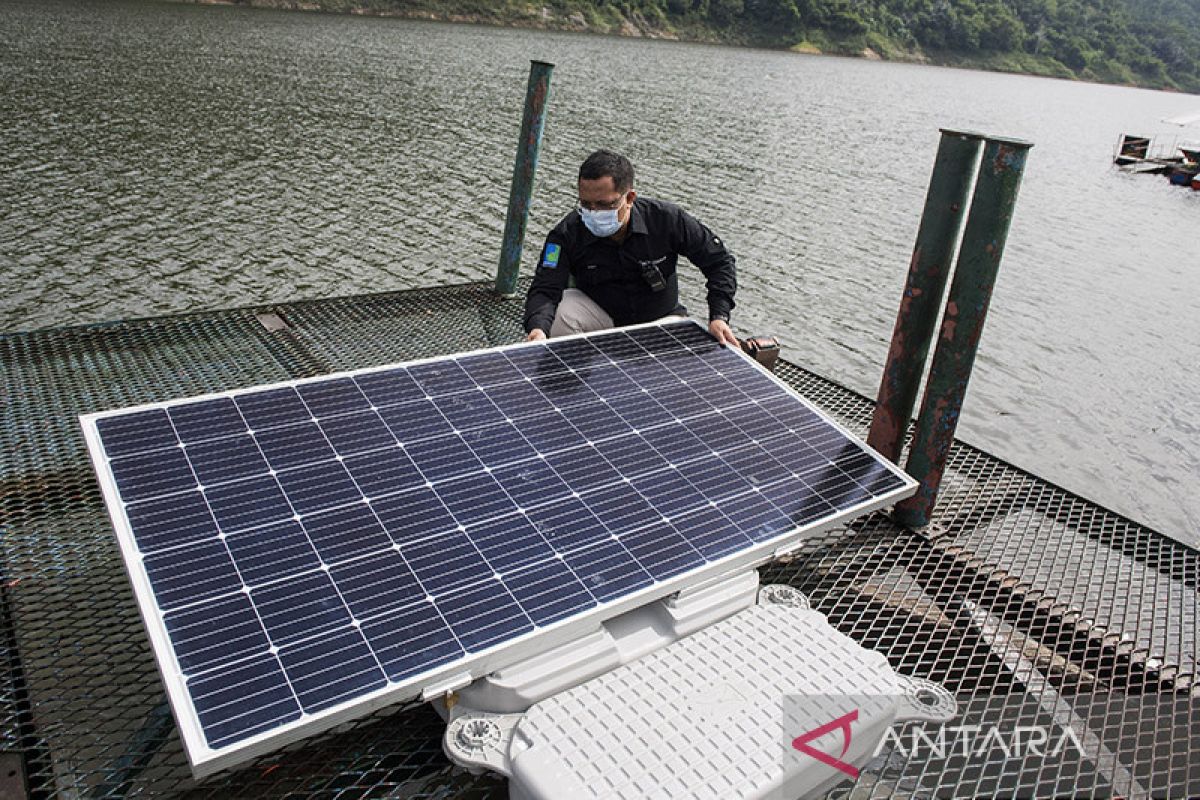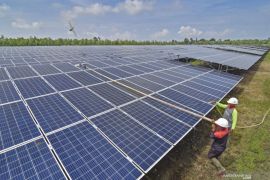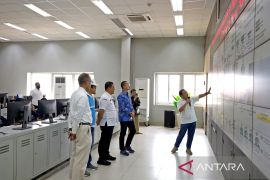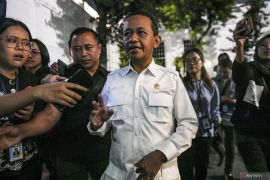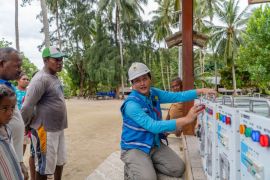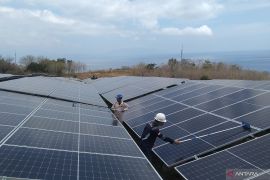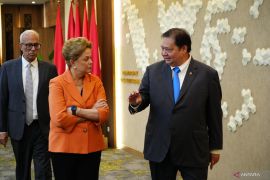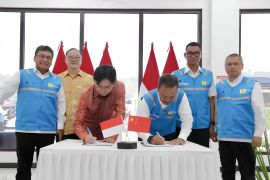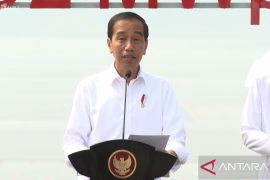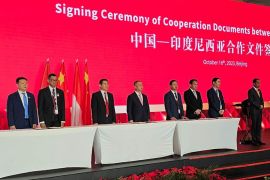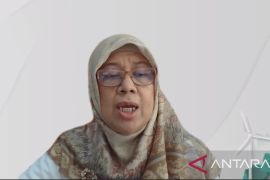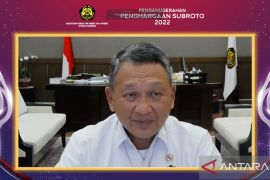We highly support the regional governments' role, so our new and renewable energy development strategy -- pentahelix -- can run well.Jakarta (ANTARA) - Regional governments play a crucial role in achieving the target of new and renewable energy development in pursuit of energy transition in Indonesia, according to an official.
The central government continues to support the regional governments to strengthen their role in implementing energy development programs in their respective regions, Secretary of the Directorate General of New and Renewable Energy and Energy Conservation at the Energy and Mineral Resources Ministry Sahid Juaidi noted in a statement accessed in Jakarta on Tuesday.
"We highly support the regional governments' role, so our new and renewable energy development strategy -- pentahelix -- can run well," he affirmed.
Juaidi remarked that the pentahelix strategy involves the central government, regional governments, the community, businessmen, academics, and the media.
Related news: Indonesia invites G20 forum to accelerate energy transition
Through the pentahelix strategy, the country can achieve the target of the National Energy General Plan (RUEN) and the Regional Energy General Plan (RUED) with the regional governments' support, he stated.
To date, 22 out of the 34 provinces in Indonesia have conceived a substantial RUED by referring to the RUEN, he pointed out.
RUED is a regional long-term development plan in the energy sector with a time dimension of up to 2050 stipulated in accordance with a bylaw.
"The regional governments need to give optimum support to achieve the target of national development in the energy sector, particularly new and renewable energy, as part of the efforts to reduce greenhouse gas emissions," he stressed.
Juaidi stated that energy transition is a global commitment and awareness to save the world from global warming.
Related news: Minister continues to prepare reforms in investment regulations
"Indonesia is committed to lowering greenhouse gas emissions by 29 percent on its own or 41 percent with international assistance by 2030 in accordance with the National Determined Contributions (NDC)," he remarked.
The government continues to move forward through the development of an electrical car ecosystem; construction of the largest solar power plant in Southeast Asia; utilization of new and renewable energy, including biofuel; and development of clean energy-based industries, including the development of the greatest green industrial estate in the world in North Kalimantan Province, he remarked.
Based on the ministry's calculations, Indonesia has the potential to generate 3,685 gigawatts of power from new and renewable energy sources. However, only 11 gigawatts, or three percent of that potential has been utilized. Hence, the condition presents a challenge for all sides.
"We know that to utilize new and renewable energy, we need more efforts since the infrastructure and policy must run in parallel. If we look at the present developments, the result of energy mix is still quite challenging. As of 2021, the progress has reached 11.7 percent," he stated.
Related news: G20 ETWG to raise three priority issues on sustainable energy
Related news: Solar Power Plants as backbone of Indonesia's clean energy: Minister
Translator: Sugiharto Purnama, Suharto
Editor: Fardah Assegaf
Copyright © ANTARA 2022
